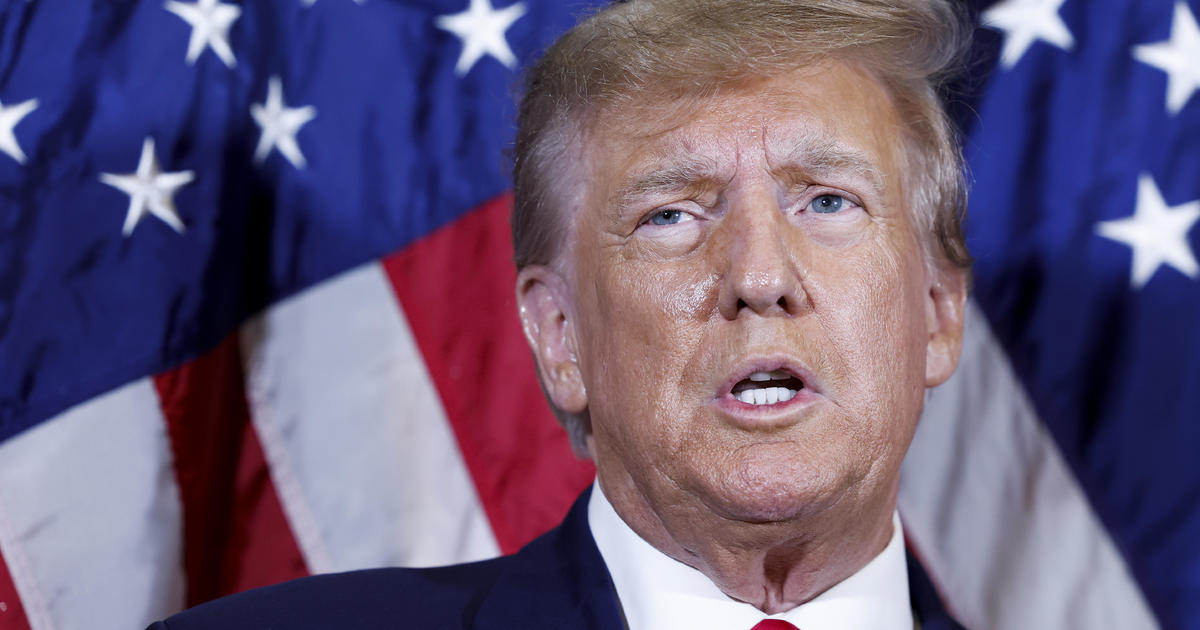A federal judge has indefinitely postponed former President Donald Trump’s classified documents trial in Florida due to issues surrounding pre-trial motions and classified evidence. The trial start date was originally set for May 20, but Judge Aileen Cannon deemed finalizing a trial date imprudent at this juncture. The special counsel declined to comment on the matter. The scheduling order came after arguments from legal teams representing Trump and special counsel Jack Smith, with Trump’s attorneys suggesting a trial date after the 2024 presidential election, while prosecutors were ready for trial in July.
During a hearing, deputy special counsel Jay Bratt argued that the case could be tried in the summer, with Trump’s attorneys pushing for a trial date in late November to avoid interference with the upcoming election. The special counsel has charged Trump and two co-defendants with mishandling classified documents and obstructing a federal probe. All three defendants have pleaded not guilty. A dispute has arisen over the placement of classified records in evidence, with Trump’s attorneys claiming discrepancies in the placement of classified markers on the documents.
In addition to the Florida case, Trump is facing charges in Washington, D.C., related to alleged efforts to obstruct the peaceful transfer of power after the 2020 presidential election. Trump has pleaded not guilty in that case as well, and it remains paused as the Supreme Court considers his claims of presidential immunity. A decision from the high court is expected by June. The ongoing legal battles reflect the complexities and challenges of prosecuting a former president, with multiple cases and legal issues at play.
The delay in the Florida trial highlights the importance of ensuring a fair and thorough legal process, particularly in cases involving classified information and high-profile individuals. Judge Cannon’s decision to postpone the trial to allow for further consideration of pre-trial motions and evidence demonstrates a commitment to upholding the integrity of the judicial process. The legal teams representing Trump and the special counsel continue to navigate the complexities of the case, with differing opinions on the timing of the trial and the handling of classified records.
As the legal proceedings unfold, the public awaits further developments in the cases against former President Trump and his co-defendants. The outcome of these trials will have significant implications for accountability, transparency, and the rule of law. The delay in the Florida trial underscores the challenges of prosecuting high-profile individuals and cases involving classified information while ensuring a fair and just legal process for all parties involved. The legal battles surrounding Trump’s alleged mishandling of classified documents and obstruction of justice continue to unfold, with implications for the future of accountability and justice in the United States.









